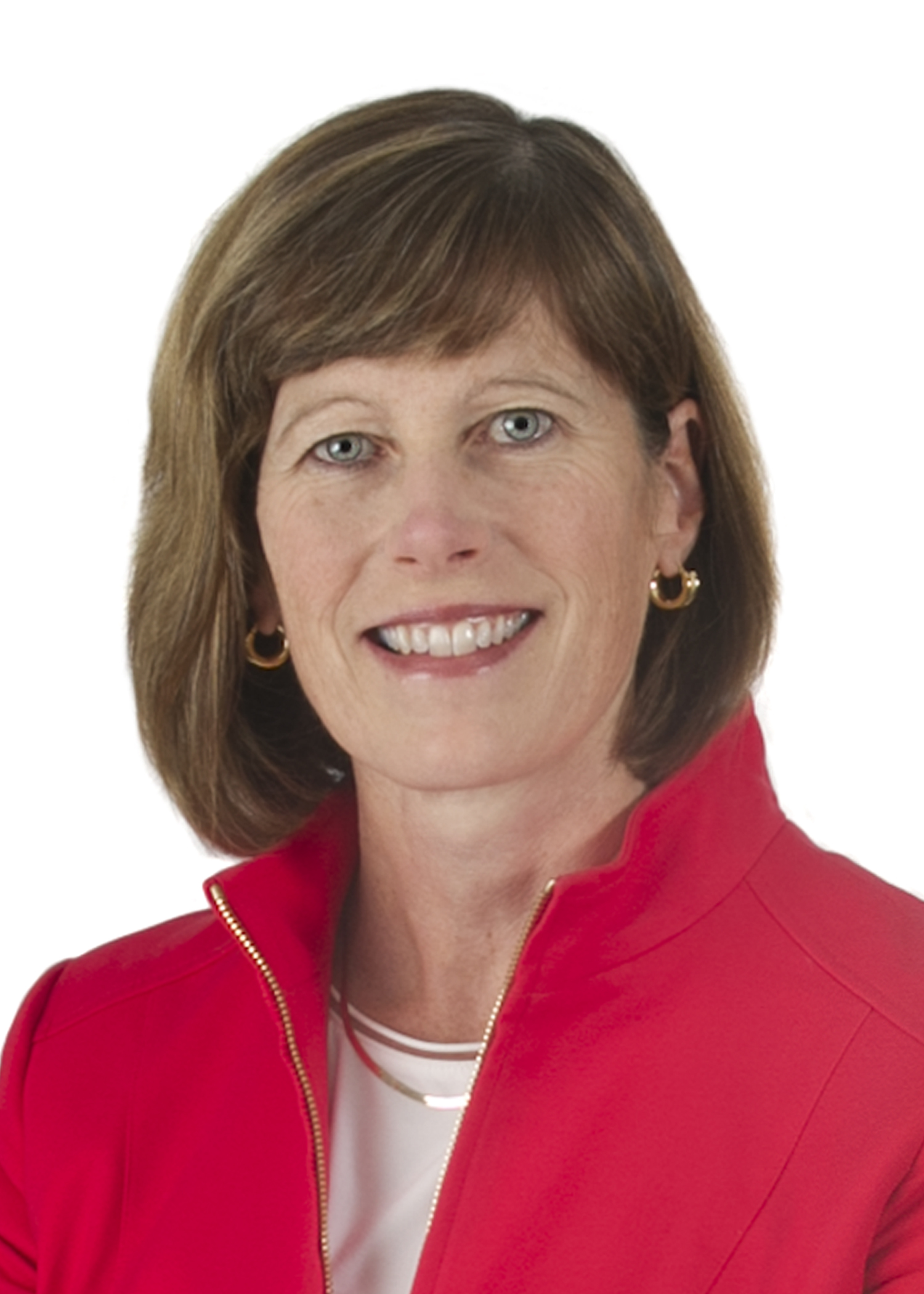Like this article? rabble is reader-supported journalism. Chip in to keep stories like these coming.
I belong to Ottawa’s Parliamentary Press Gallery and had access to a rich variety of information circulated during the 2015 federal election campaign. The most impressive advocacy that I saw was the Demand A Plan campaign, which was launched by the Canadian Medical Association (CMA) and several supporting groups. Now, that campaign has been shortlisted for an international prize in the annual Reed Awards, which will take place in Charleston, S.C. on Feb. 18.
Multi-media campaign
The Demand A Plan alliance last year waged a multi-media advocacy campaign, calling for a national seniors’ strategy. According to the CMA, more than 30,000 Canadians used the campaign’s website and sent roughly 25,000 letters to candidates across the country, asking where they stand on seniors’ issues. The campaign website also provided a “promise tracker” tool, which allowed visitors to compare the policy statements of different political parties.
Medicare must adapt
Although it was created more than 50 years ago, when the average age was much younger, medicare has not adapted well to serve the growing number of elderly Canadians. By 2036, people aged 65 and over will make up a quarter of the population and account for 62 per cent of health costs.
The alliance says that it supports universal public health care but fears the system won’t survive unless seniors’ care is redesigned. For example, the group says that it takes nine months to get a hip replacement in Canada because hospital beds are crowded with seniors — many of them suffering from dementia and other chronic diseases without long-term care and home-care support. Interestingly, the group says that caring for someone in a hospital costs $1,000 a day, compared to $130 a day in long-term care and $55 a day at home.
Dr. Cindy Forbes: “momentum”
“We cannot lose momentum as we continue to push for federal leadership in the development of a national seniors’ strategy,” CMA President Dr. Cindy Forbes says, adding that the alliance has documented the Liberal Party’s election promises as they relate to seniors’ care (Those, too, are published on the website).
They include negotiating a new Health Accord with the provinces and territories; investing $3 billion over the next four years to deliver more and better home-care services for all Canadians, including access to high-quality, in-home caregivers, financial support for family care, and, when necessary, palliative care; and investing in affordable housing and seniors’ facilities.
This spring, the CMA and its alliance partners want the Trudeau government to convene a meeting of provincial and territorial premiers to discuss seniors’ care. They also want to see a national seniors’ strategy in place by 2019.
No mention of pharmacare
Unfortunately, there is no mention in either in Demand A Plan or in the Liberal government’s promises, of a national pharmacare plan. Pharmaceuticals are the fastest growing component in health care costs and the need for such a plan is urgent.
They’ve come a long way
Still, there is no doubt that Canada’s doctors have come a long way since the CMA strenuously opposed the introduction of Medicare in Saskatchewan in 1962 and just as adamantly opposed recommendations for a similar national program by the Hall Commission in 1964.
A version of this piece ran in the United Church Observer on February 18, 2016.
Like this article? rabble is reader-supported journalism. Chip in to keep stories like these coming.




